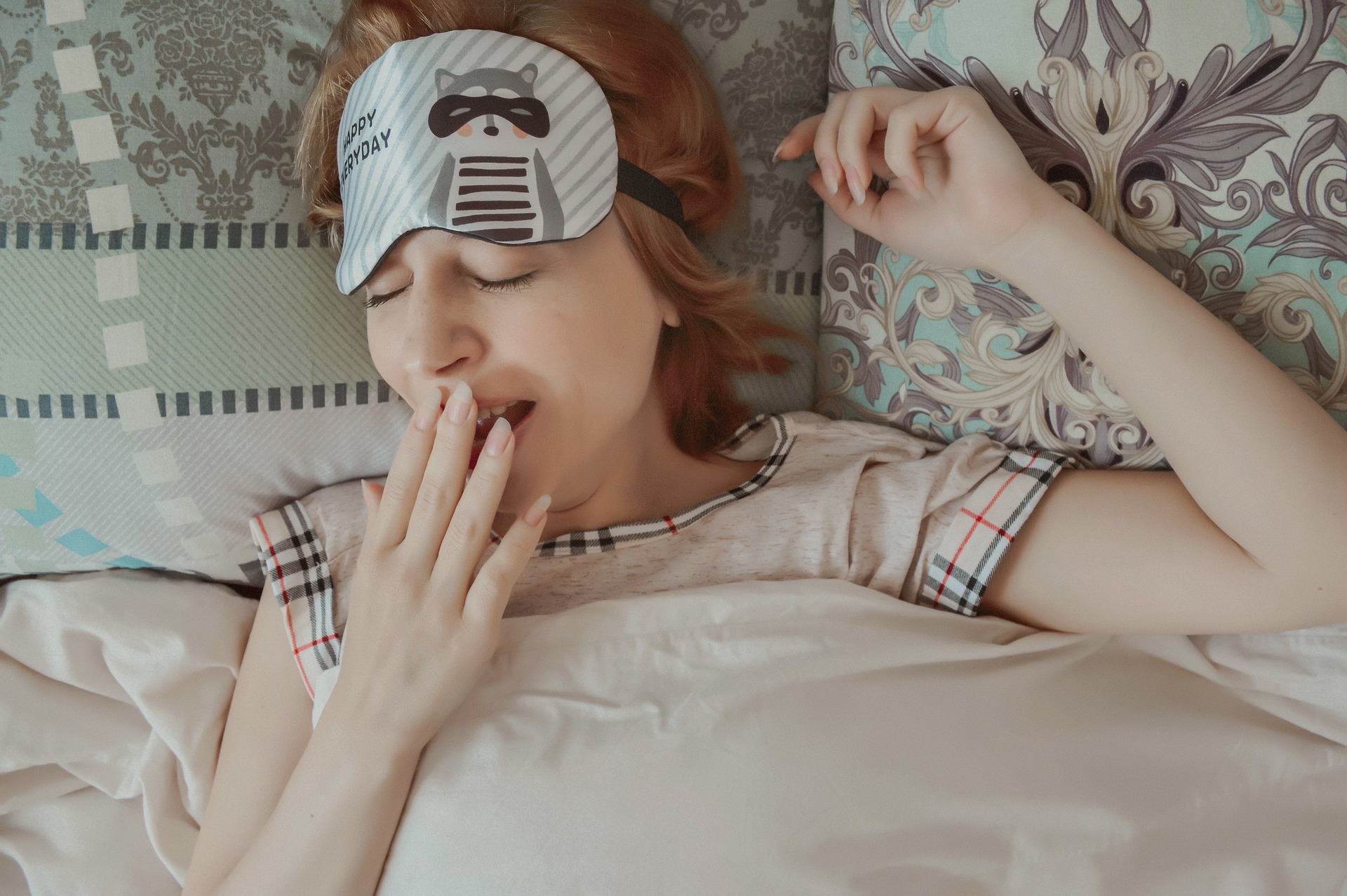News release
From:
Sleep disorders in parents and children associated with more parental stress, study finds
Study analyzed data on more than 14,000 people aged 18-64 with dependent children
The rate of parental stress is greater among parents who have sleep disorders themselves, or have children with sleep disorders, according to a new study published this week in the open-access journal PLOS ONE by Ray Merrill and Kayla Slavik of Brigham Young University, US, and colleagues.
Sleep and stress disorders are known to have a two-way correlation, with stress promoting sleep disorders and sleep disorders promoting stress. Among parents, there is thought to be a complex interplay between their own sleep, stress, mood and fatigue and their children’s’ sleep.
In the new work, the researchers analyzed data on 14,009 employees insured by Deseret Mutual Benefit Administrator (DMBA) in 2020, all of whom had dependent children. Overall, 2.2% of the employees filed medical claims for treating stress and 12.5% filed claims for treating a sleep disorder, including insomnia, hypersomnia or sleep apnea. 2.0% of children filed one or more medical claims for a sleep disorder.
The researchers found that, after adjusting for age, sex and marital status, rates of stress are 1.95 (95% CI 1.67-2.28) times greater in employees with a sleep disorder. Specifically, rates of stress are 3.00 (95% CI 2.33-4.85) times greater for those with insomnia and 1.88 (1.59-2.22) times greater for those with sleep apnea. In addition, the rate of employee stress is 1.90 (95% CI 1.33-2.72) times greater if their child has any sleep disorder, and 2.89 (95% CI 2.20-3.80) times greater if their child has insomnia. The study also found that if a child has a sleep disorder, the rate of parental insomnia and sleep apnea are both nearly doubled.
The authors conclude that a better understanding of the connections between parent and child sleep quality and parent stress may help improve treatment and lower the risk of these disorders.



 International
International


